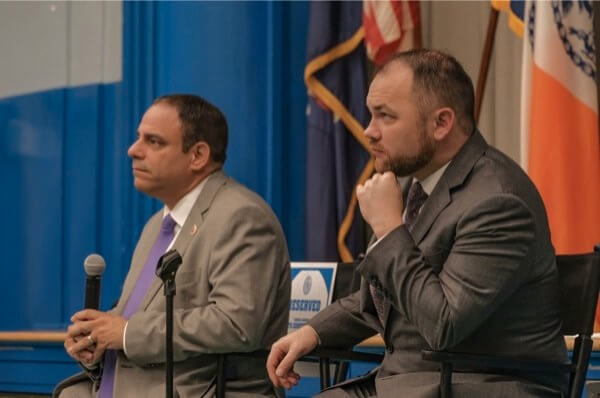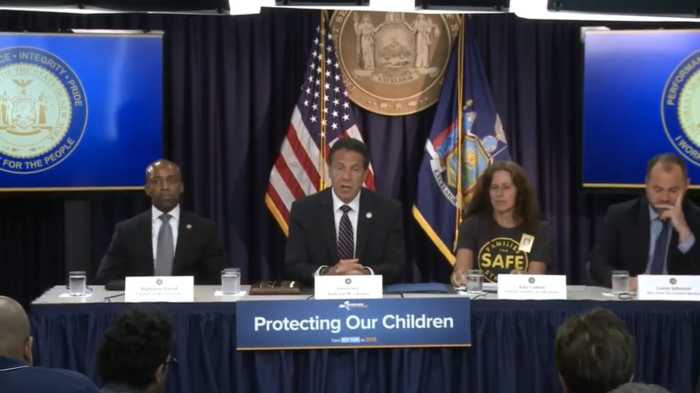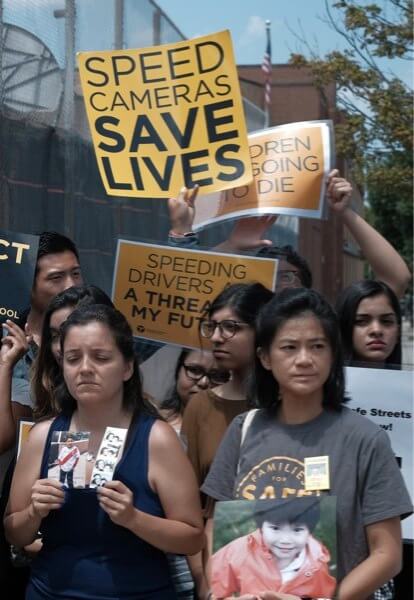BY COREY JOHNSON AND GLORIA MIDDLETON
New York City is both a city of extreme wealth and extreme poverty.
And unfortunately, the extreme poverty that we see in New York City is overwhelmingly centered in communities of color.
Of course, this is not news to anyone paying attention, but COVID-19 has put a new and tragic spin on this decades-old problem.
Black and Latinx New Yorkers died of COVID-19 at around twice the rate of their white counterparts.
The de Blasio administration must begin addressing the racial disparities in our city that lead to such dramatically different outcomes – and they should begin this work by getting their own house in order.
In 2013, the Communications Workers of America Local 1180, which represents management in city agencies, sued the Bloomberg Administration over racial and gender pay discrimination alleging that the city had been systematically underpaying women and employees of color who held the “administrative management” title.
The CWA pointed out that in 1978 – when the title was overwhelmingly white males – the job paid the equivalent of about $92,000 a year.
But as the years went on – and it became increasingly a title that women held – the pay plummeted to around $53,000.
The U.S. Equal Employment
The EEOC also found that “structural and historic” pay gaps between white male workers compared to women and workers of color were present in all city agencies.
Under Mayor de Blasio, the city finally settled with CWA, providing recourse to workers who had been underpaid for decades.
But the settlement only covered one union and one job title. That’s clearly not enough when we know – per the EEOC – that this is systemic.
Recognizing this, the Council passed Local Law 18 of 2019, which requires the city to analyze pay disparities among the entire municipal workforce, then to make those findings public annually.
The law also requires the administration to hand over this data to the Council, so it can conduct its own analysis.
This data is key to finding and eliminating instances of pay disparity in the city workforce.
Given the administration’s oft-
COVID-19 has delayed the release of the initial report, which was due at the end of May.
While we understand that the pandemic caused problems
We can no longer delay.
This problem has gone on for far too long and an embarrassment to the de Blasio administration, which prides itself on being progressive.
The settlement and resulting legislation from the Council was the beginning of the fight to end these pay disparities in the workforce.
The sooner the City Council gets this data, the sooner we can lift the curtain on these disparities that have so threatened the upward mobility of our women and workers of color and begin to meaningfully address these inequalities.
They have waited a long time. Too long. Let’s get moving.
Johnson is the speaker of the City Council; Middleton is the president of the Communications Workers of America Local 1180.


































